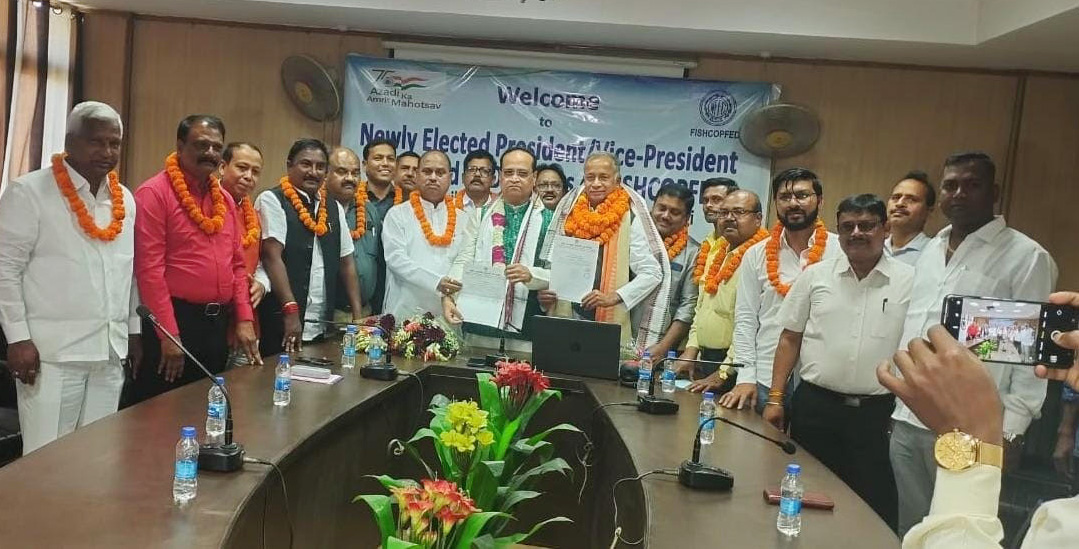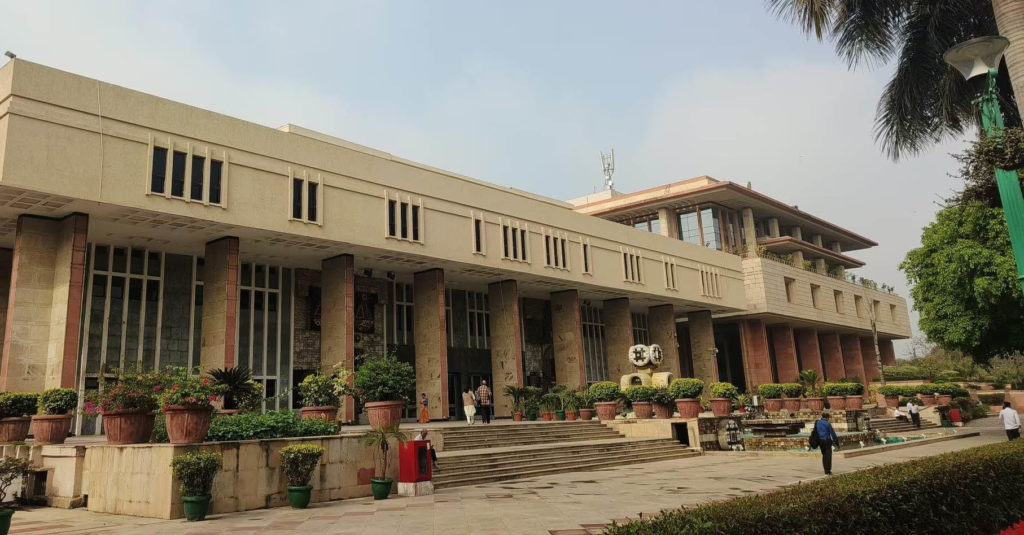In a significant development, the Acting Chief Justice of the Delhi High Court, in an order dated April 24, 2024, has directed the Central Registrar of Cooperative Societies (CRCS) to appoint an arbitrator within two weeks under the Multi-State Cooperative Societies (MSCS) Act, 2002. This decision comes in response to a writ petition filed by Rishikesh Kashyap, MD In-charge of FISHCOPFED, seeking resolution to the election dispute plaguing the apex body of fisheries cooperatives in India.
The petition highlighted the prolonged delay in appointing an arbitrator, leading to a virtual paralysis of FISHCOPFED. Allegations were made that despite repeated representations and emails to the CRCS, no action was taken to appoint an arbitrator under Section 84 of the MSCS Act, 2002.
The election dispute has created severe survival constraints for FISHCOPFED employees who have been deprived of salaries for nearly three years. The dispute, which initially centered around Board elections, escalated into conflicts between managing directors and annual general meetings, stalling crucial funding from administrative ministries and other agencies until resolution.
This recent legal intervention stems from a prior controversy surrounding the 2021 FISHCOPFED Board elections. The election, held on February 25, 2021, was declared null and void by arbitrator Shri Sunil Kumar Singh, Additional Managing Director of NAFED, in an award dated July 23, 2021. The arbitrator’s decision was later challenged by Shri S. Madegowda in OMP 1/2021 before the Delhi High Court.
In a notable ruling on March 5, 2024, the High Court set aside the arbitrator’s award, emphasizing the importance of natural justice in arbitral proceedings. The court granted parties the liberty to initiate arbitration afresh under the MSCS Act, paving the way for a renewed effort to resolve the dispute.
Central to the election controversy are objections raised by Mr. Ramdas Sandhe and others regarding the conduct and legitimacy of the election process. Concerns include the inability of the Board to determine the date, place, and time of the General Body meeting, as well as allegations of irregularities in the appointment of the Returning Officer (RO) and the declaration of election results.
Furthermore, objections were raised regarding the tenure of the former President of FISHCOPFED, T.P. Rao Dora, whose term allegedly expired in July 2020 as per the organization’s by-laws. It was alleged that Dora, along with the former Managing Director B.K. Mishra manipulated board meetings to prolong his tenure and influence the election process.
Additional grievances include claims of illegal promotions granted to employees involved in the election process to sway the outcome, as well as concerns over the inclusion of ineligible or defaulting members in the new Board of FISHCOPFED.
As the legal battle continues, the appointment of an arbitrator marks a crucial step towards resolving the protracted election dispute within FISHCOPFED, which has far-reaching implications for the functioning of India’s fisheries cooperatives.
